Effective altruism is littered with lowbrow articles. I thought I would contribute something a little more academic to our discourse, so I have written a listicle (sorrynotsorry) of what we can do to get the most out of the conference now that it’s over.
Note: RSSers/ Feedliers might want to switch to the web version for this post.
1. Track down the friends you made at EAG on Facebook and LinkedIn.
You could set up a time to hang out, online or in person or send through some of the photos you took, what you changed your mind about after the conference, or what you enjoyed about meeting them.
A reminder that just sending through any of these stickers is not condoned:



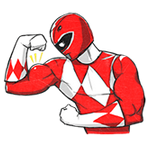
Photo credit: Facebook
2. Add yourself to Facebook groups
Love it or hate it, it’s how most of us stay in touch and encounter new ideas and articles. At least this way, you can be productive while you’re unproductive.
-
The EA main page
-
Your local group (e.g. EA Melbourne)
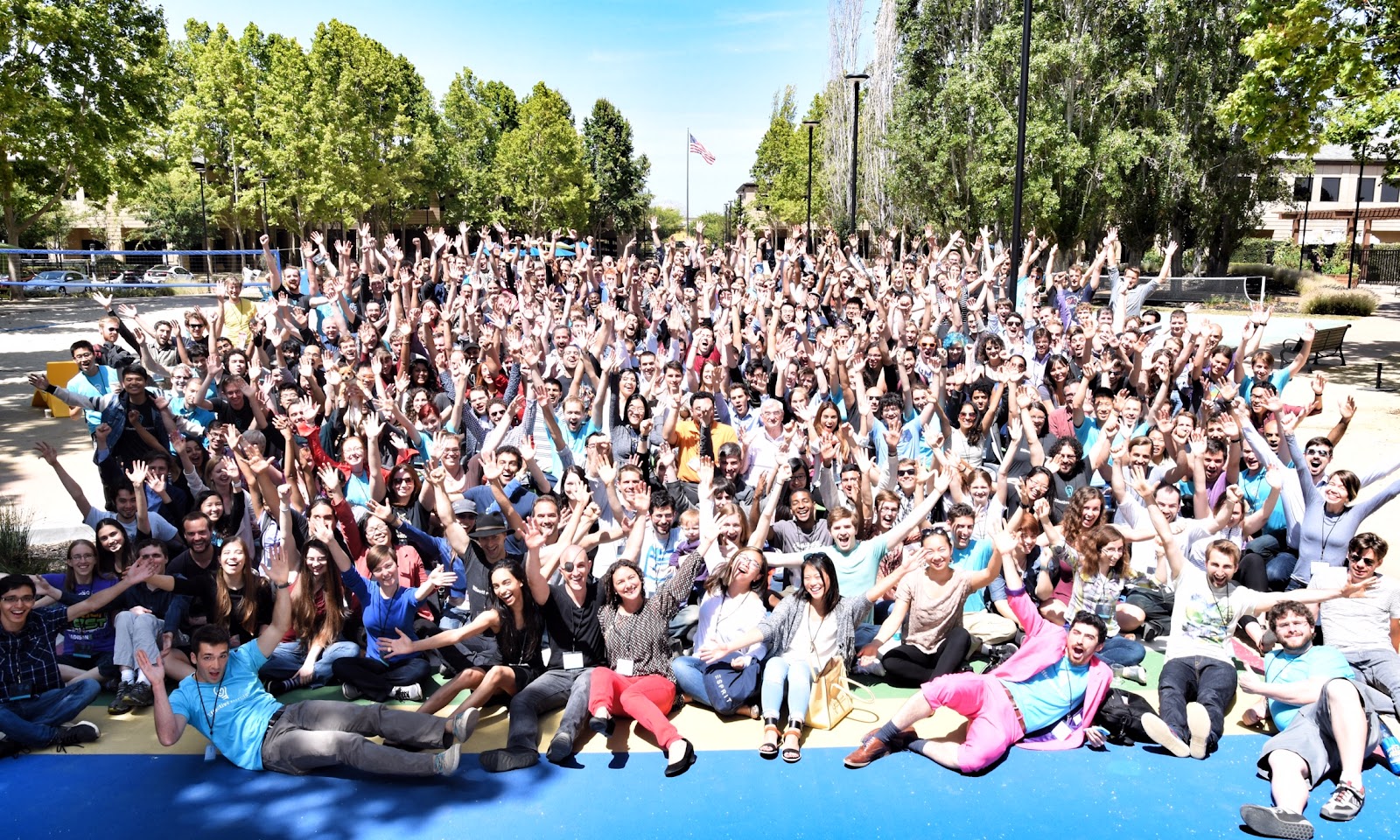
Photo credit: Melody Guan/ Huffington Post
3. Or start a new group
If your local group doesn’t exist yet, you could create one. It’s pretty easy to create a Facebook group to see who else is around. Your first event could be just meeting your friend in a pub. Jonathan Courtney from Giving What We Can helps set up EA chapters for his day job, and I’m sure would be more than happy to help.
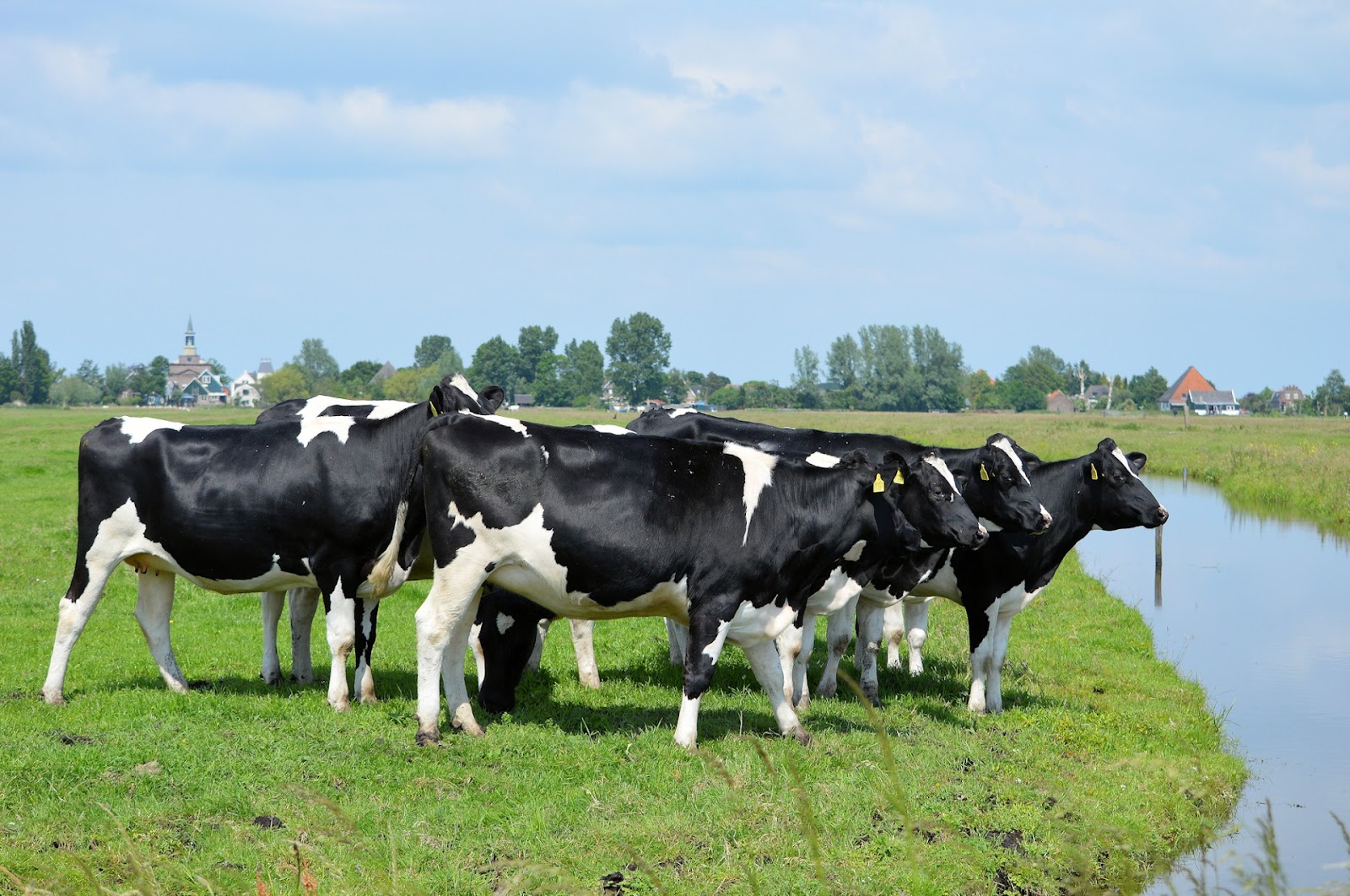
Cows contemplating their options in moovement building
Photo credit: X posid/ publicdomainpictures.net
4. Read a book
Read your copy of the EA Handbook or Will MacAskill’s book, Doing Good Better. Or the FAQ. Not the FAQ for the DOD, though.

The most comfortable way to read a book: standing, staring into the sun, and holding the book in front of your face
Photo credit: kaboompics/ Pixabay
5. Set aside some time to think about your career
Read the 80,000 Hours career guide, or try their career suggester. Most people don’t update enough on the basis of new information. Not you, you’re a Bayesian beast. You change your mind like crazy.
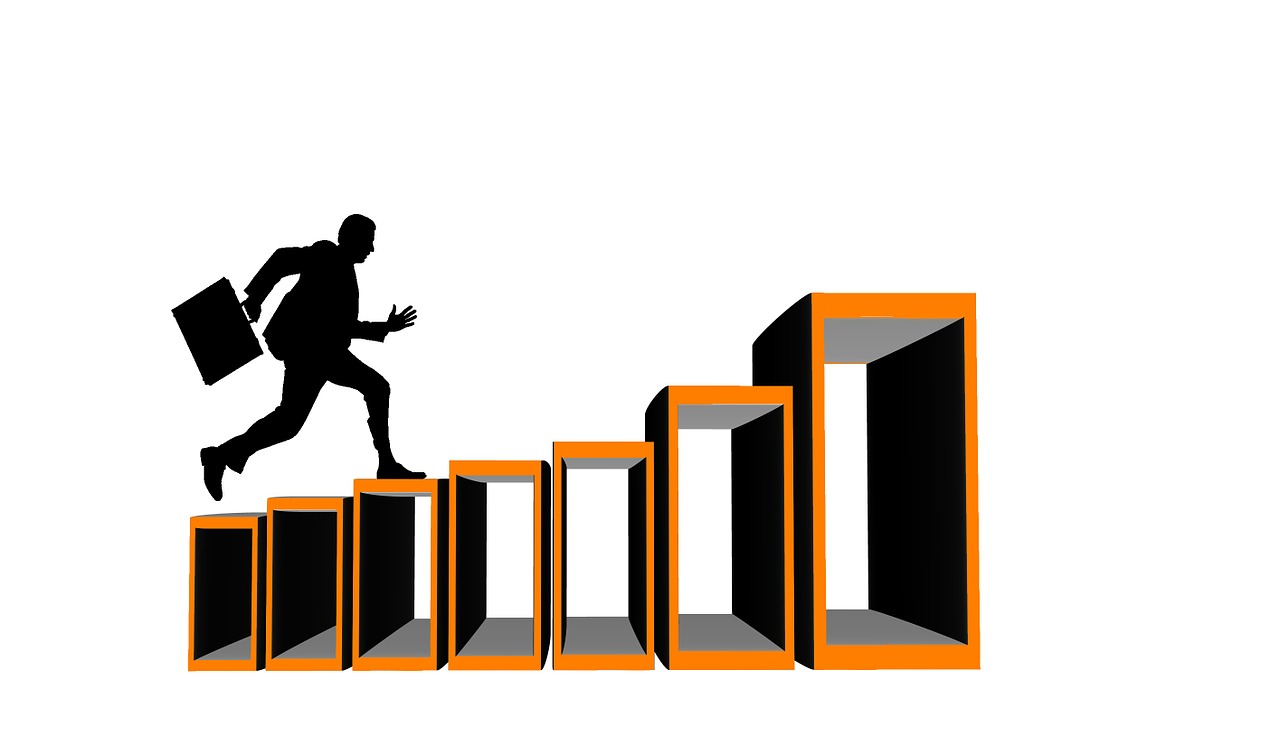
Running up boxes isn’t the best for earning to give, but it does have good career capital
Photo credit: geralt/ Pixabay
6. Take the pledge
On the Sunday of the Melbourne event, two awesome attendees took the Giving What We Can pledge. If you haven’t already done so, it’s a great way to make a huge, ongoing impact. Or, if you’re not quite ready for the challenge, why not try giving?
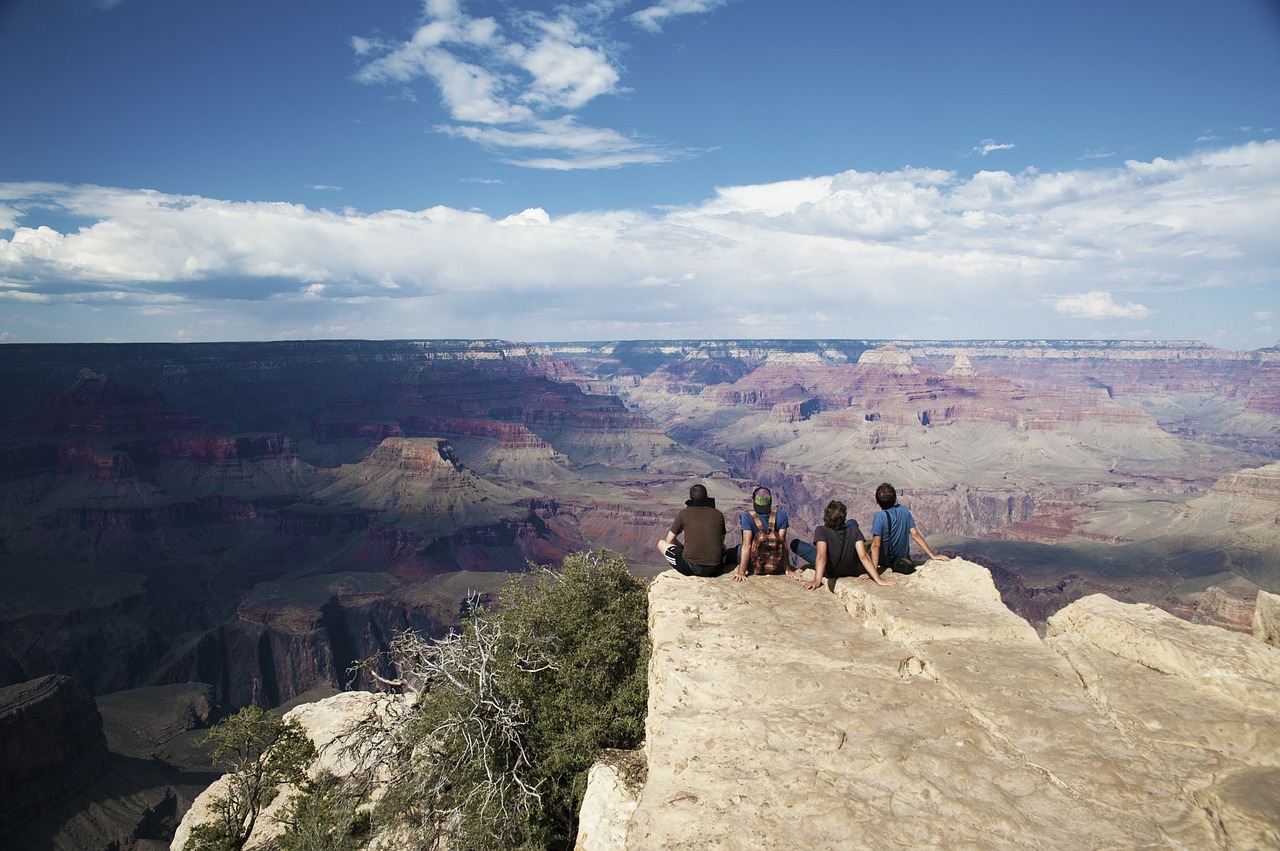
Take the (p)ledge with friends
Photo credit: Knipsologe/ Pixabay
7. Upskill
Try to upskill your rationality or become more productive by reading this or signing up to a free trial of accountability training. You could also do a MOOC to improve your career capital.
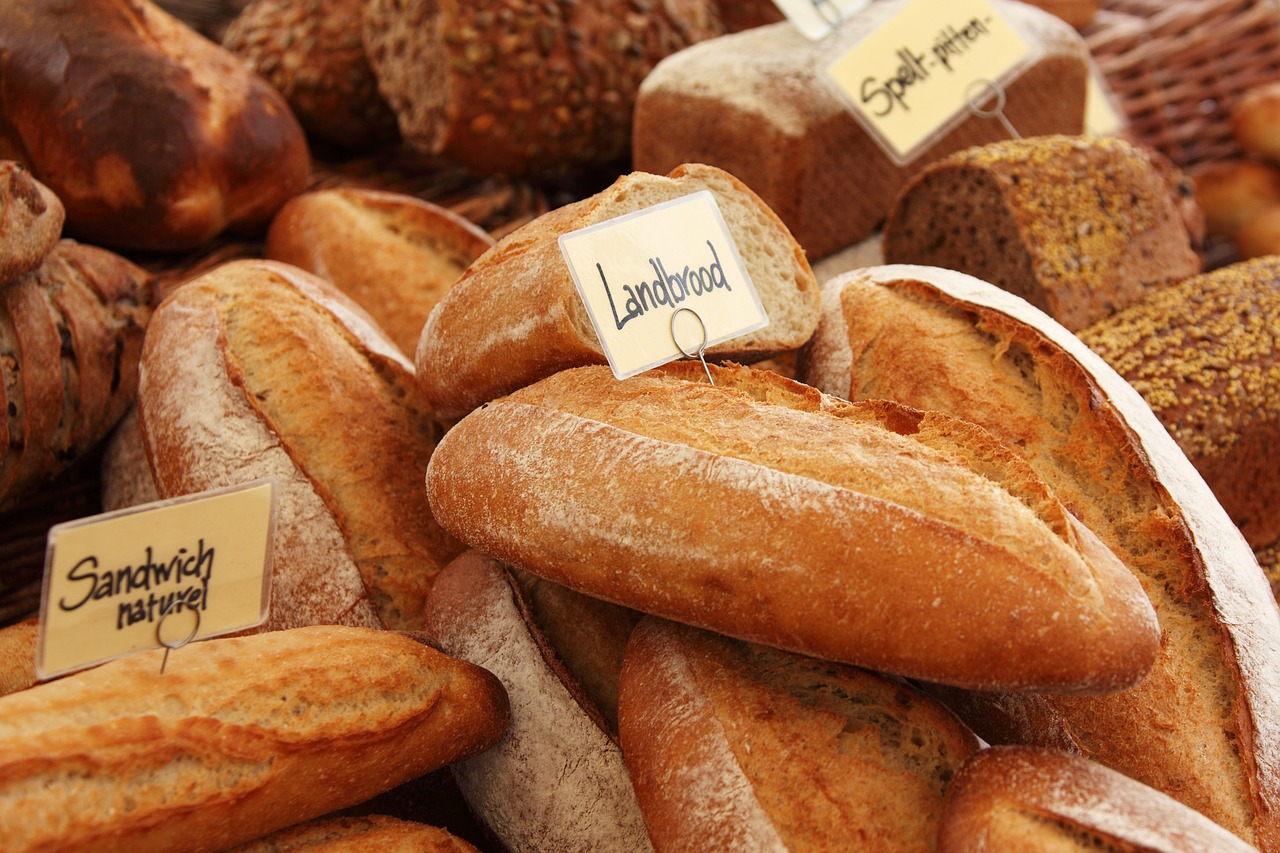
I searched for rationality and productivity, and got pictures of bread both times. What?
Photo credit: Pixabay
8. Start or join a project
Had a brilliant project idea? Email your friend about it, or post it on .impact.
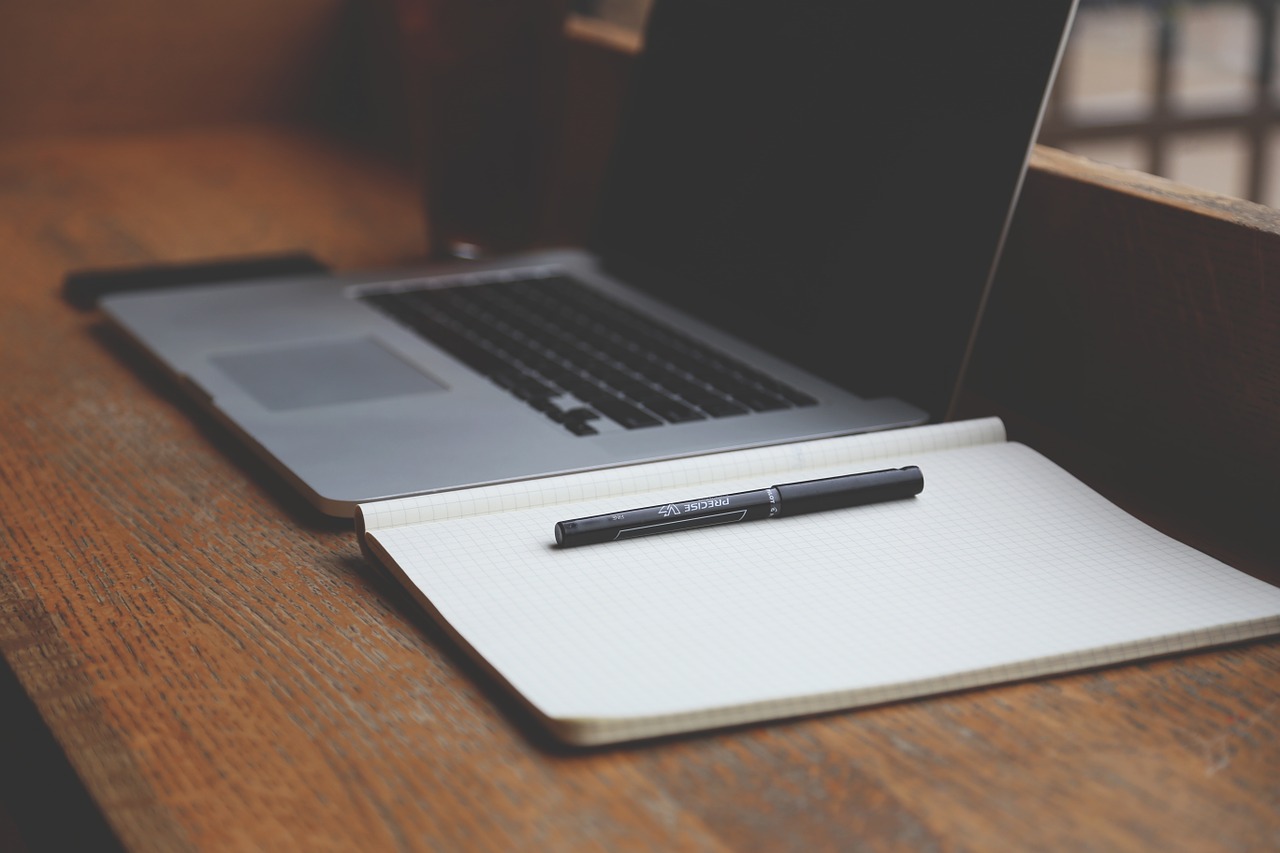
I chose a serious photo to keep you guessing
Photo credit: StartupStockPhotos/ Pixabay
9. Fill your time
Try the Hiltons’ task recommender, or do something small but effective from this list.

The one secret to good quotes is simplifying and vague-ifying
Photo: News Feed Eradicator
10. Donate
To highly effective charities. ’Nuff said.
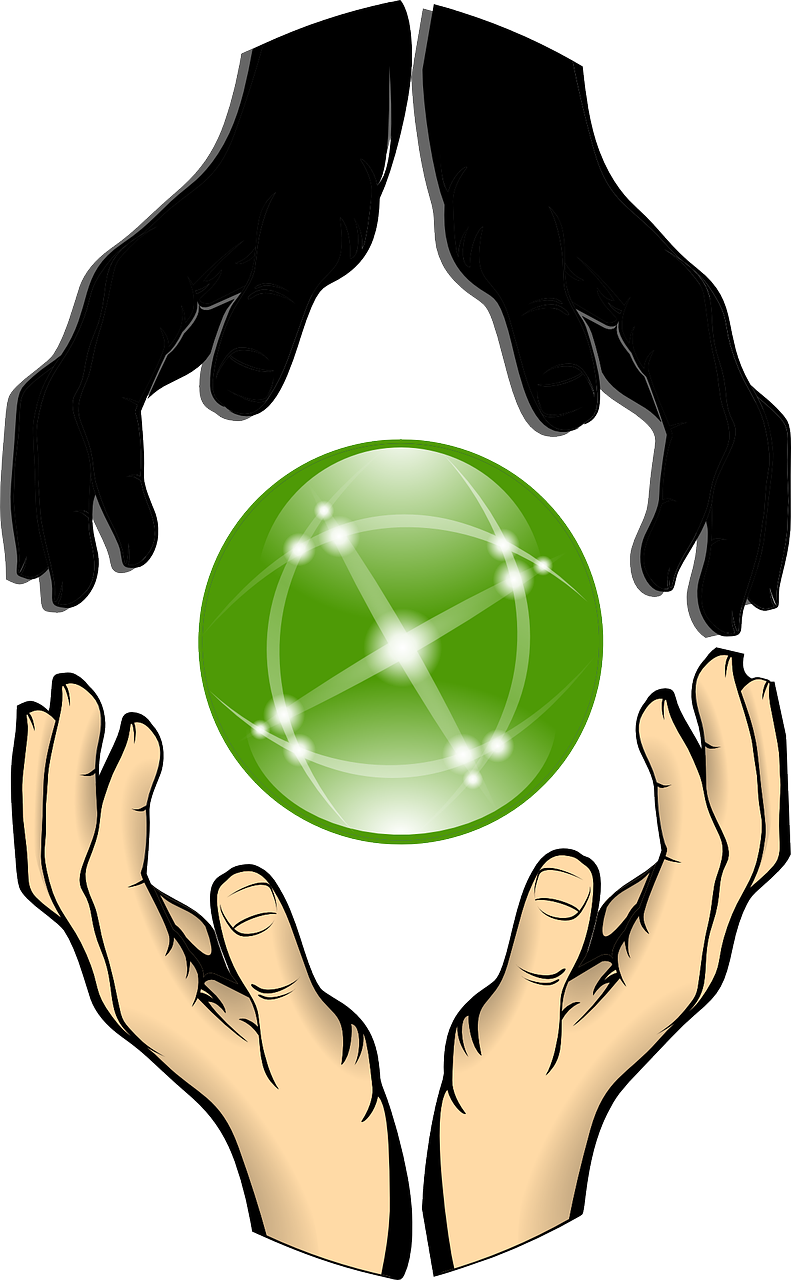
Spend your green circle things wisely
Photo credit: OpenClipartVectors/ Pixabay
11. Apply
Apply to work at an EA-oriented organisation, such as GiveWell or the Centre for Effective Altruism. See what’s available in the Facebook group.
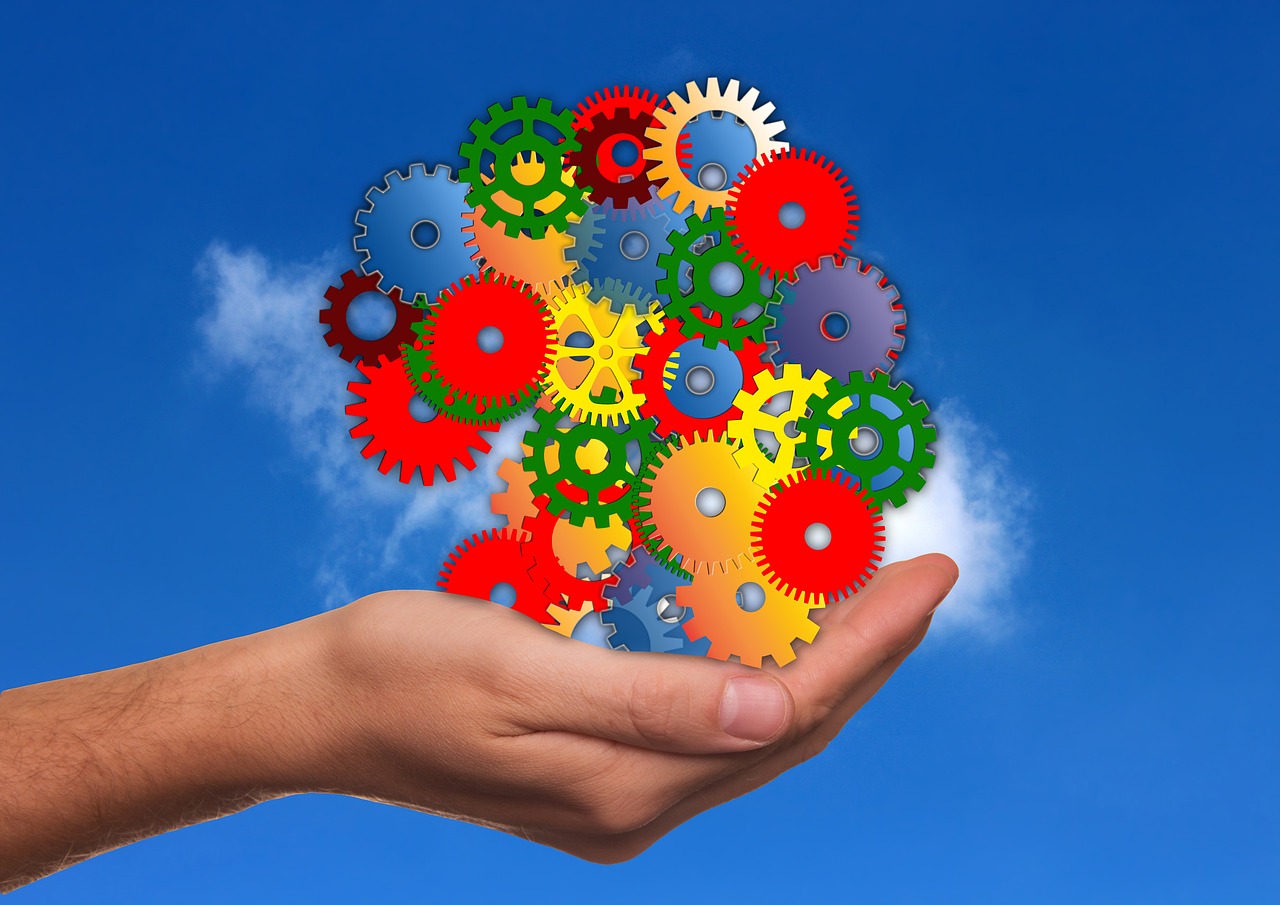
Most work doesn’t involve holding gears
Photo credit: geralt/ Pixabay
12. Still stuck?
Speak to the team at EA Action. They specialise in providing free advice about what concrete things you can do today to have a big impact.
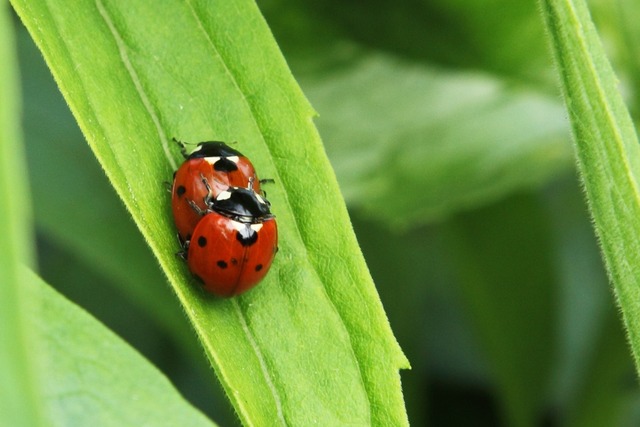
Not that type of action
Photo credit: Pixabay
Cross-posted on my blog and the EA UNSW blog.

Great post.
It is required to send all four stickers in exactly the order provided to express your interest in networking for effective altruism purposes.
This is great!
Is that first sticker a ham-squirrel crossover ? I'm confused and mildly disturbed.